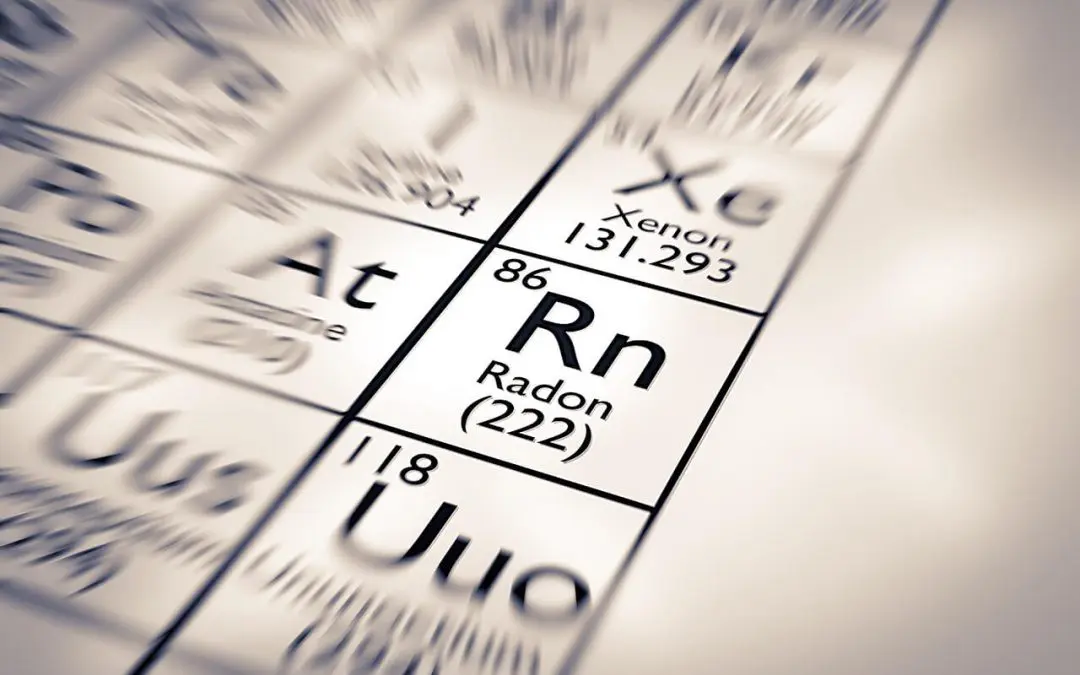The Environmental Protection Association recommends that everyone test their home for radon gas in order to catch dangerous levels early on. The question that comes after this is, “What happens if there are elevated levels of radon in my house?” January is National Radon Action Month, so it is time to find out the answers to your questions.
How do you know if your house has elevated levels of radon?
The best way to find out if you have elevated levels of radon is to hire a professional to perform a radon test in your home. Professionals have better equipment to detect accurate levels of radon than the cheap tests that can be found at the hardware store.
A trained radon tester also knows how to interpret the results. If the results are between 4-8 picocuries per liter (pCi/L) or higher, it is recommended that you consult with a radon mitigation company.
How do you reduce high levels of radon?
It is strongly recommended (and in some states, legally required) that you work with a certified radon mitigation specialist to determine how the radon is entering the home and work with you to form a mitigation plan.
Examples of successful radon mitigation solutions include:
- Subslab suction
- Subslab depressurization
- Caulking and Sealing
- Soil depressurization
How can you prevent radon levels from building up again?
The first step to protecting your home is to reduce the high levels of radon. Once the levels have been brought down, there are systems that can be installed to prevent the levels from rising again.
The most effective systems for most situations are air cleaners and filtration systems. These remove radon from your house and effectively clean the air, preventing any further buildups from occurring. Many of these are equipped with a radon level detector that will alert you if the system needs to be replaced, cleaned, or has failed.
The key to keeping radon levels down in your home is to identify high levels early on. Work with a professional who will help you to select the best solution for radon mitigation moving forward.
Outlook Home Inspections provides radon testing for Charlotte and the greater surrounding area. Contact us to book your radon test.

